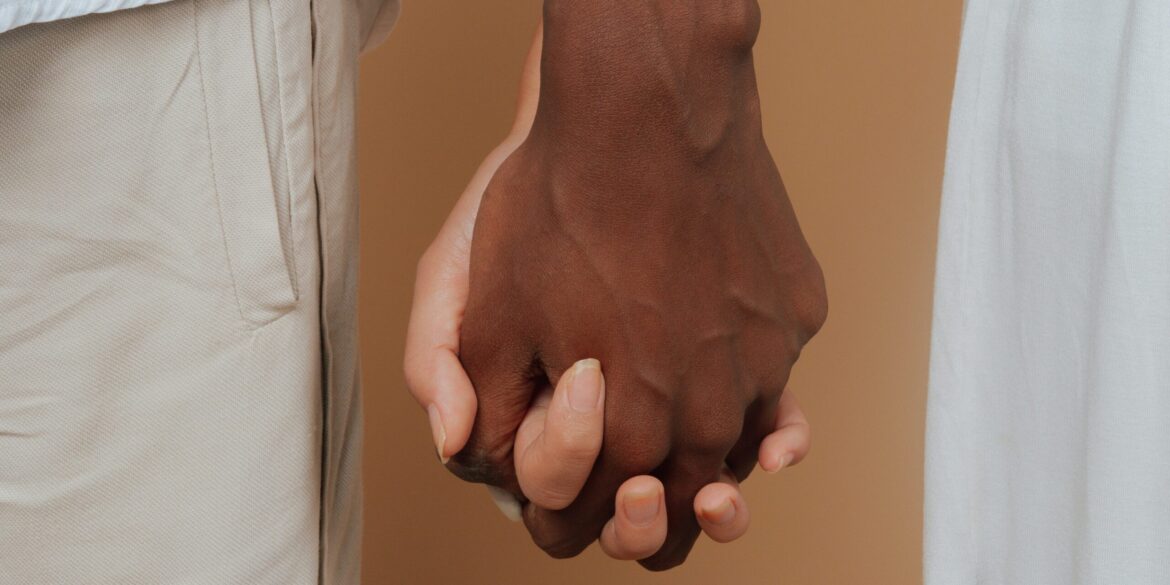Five years after the murder of George Floyd in Minneapolis, the United States finds itself at a critical juncture in its ongoing struggle for racial justice. The outpouring of grief and activism that followed Floyd’s death in May 2020 sparked one of the most widespread movements for civil rights in modern history. Yet half a decade later, many advocates argue that the momentum has slowed and that recent policy developments signal a concerning regression in the fight for equity.
The protests of 2020 led to an influx of pledges and reforms across corporate, governmental, and educational institutions. Promises were made to reevaluate hiring practices, increase diversity, and support racial justice initiatives. Public discourse shifted dramatically, with terms like “systemic racism” entering mainstream media and conversations in boardrooms across the country.
However, by 2025, progress appears tenuous. According to recent surveys, a growing portion of the public expresses skepticism about the impact of these efforts. A Pew Research Center study released earlier this year found that nearly three-quarters of Americans believe that little has changed for Black Americans since Floyd’s death. Meanwhile, support for the Black Lives Matter movement, which once enjoyed majority backing, has declined significantly.
Adding to the concern are legislative and executive moves under the Trump administration, which returned to power in 2024. In early 2025, President Trump signed a series of executive orders dismantling federal diversity, equity, and inclusion (DEI) programs. These orders suspended affirmative action-style initiatives in government agencies, redirected funding, and placed DEI-focused staff on indefinite leave. The administration argued these programs were divisive and counterproductive, but civil rights organizations saw them as a direct assault on decades of progress.
The administration’s actions also had a ripple effect on state governments, particularly those led by Republican governors. Several states expanded efforts to eliminate DEI programs in public universities, and some moved to restrict these initiatives in public sector hiring and training altogether. These legislative pushes have been met with protests and legal challenges, yet many of the policies remain in place, reshaping the landscape of public equity work.
Equally alarming for activists has been the rollback of federal oversight of local law enforcement. The Department of Justice, under Trump’s leadership, abandoned previously negotiated consent decrees with police departments in cities like Minneapolis and Louisville. These agreements had been designed to address patterns of civil rights violations and implement reforms after Floyd’s death and other high-profile incidents of police violence. By backing away from these agreements, the administration signaled a significant de-prioritization of federal civil rights enforcement.
Despite the backsliding at the federal level, momentum for justice has not vanished. Grassroots organizations and local governments have continued to push forward. Some municipalities have enacted policing reforms, including banning chokeholds, mandating body cameras, and investing in non-police crisis response teams. Community-based initiatives in cities like Chicago, Los Angeles, and Atlanta are working to redirect resources toward mental health services, education, and housing—acknowledging that public safety extends far beyond traditional policing.
Events like the TIME “Road to Justice” dinner held this May brought together thought leaders, activists, and artists to reflect on both the strides made and the urgent work that remains. Speakers emphasized the need for continued pressure on institutions and for communities to remain engaged in the democratic process, from local elections to national policymaking.
The five-year mark since George Floyd’s death serves as both a somber remembrance and a rallying point. While his name became a global symbol of injustice, it also galvanized movements demanding change. Today, those movements face new obstacles but continue to push forward, grounded in the belief that racial equity requires not only awareness but sustained action.

